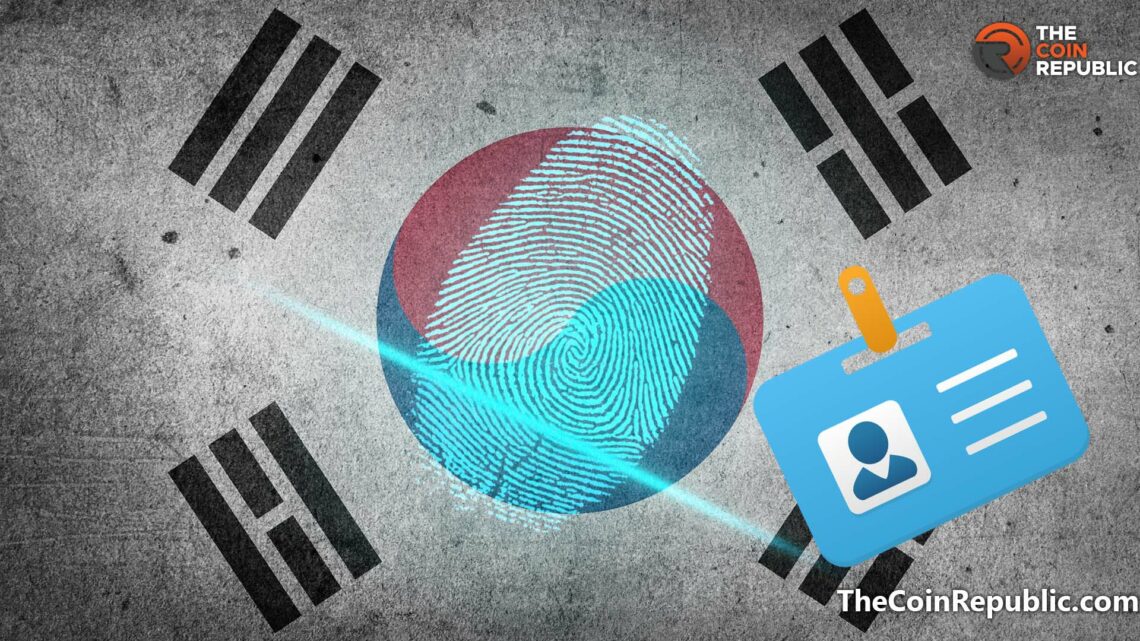- Digital IDs can save money and make money for a nation.
- Privacy concerns remain the single biggest worry.
According to a government plan, citizen identification would be decentralized which means the government cannot monitor usage information.
South Koreans use government issued physical resident registration cards as proof of identity. This could change in 2024 with blockchain based Identification (ID), per an October 17 Bloomberg report.
The launch of digital IDs powered by blockchain is scheduled for 2024, after which nearly 45 million citizens are expected to be registered within 2 years.
Several processes like code authentication which is sent by text message or scanning documents or certificates can be done away with if digital IDs are used. With digital IDs, simple security check measures like biometric scans in the app (fingerprint or retinal identification for instance) will be enough to log in or identify oneself.
Hwang Seogwon, an economist at Korea’s Science and Technology Institute said digital IDs could have uses in multiple scenarios: “Digitals IDs can yield huge economic benefits in finance, healthcare, taxes, transportation and other areas and may catch on quickly among the Korean population.”
“But there has to be more risk assessment technologically to make sure the danger doesn’t outweigh the benefits,” he added.
The World Bank touted digital IDs as a “game-changer.”
According to McKinsey & Co, digital currency had the potential to cut costs significantly (in trillions of USD) and increase Gross Domestic Product (GDP) by 13 percent. The consultancy firm based its claim on pilot programmes of digital ID usage which saved time in administrative work, reducing frauds and even creating new markets.
Suh Bo Ram, director general of Korea’s digital-government bureau said that services which had not transitioned online – fully – will now be able to do so. He is in-charge of the plan.
Information stored on phones will not be available to the government – how the ID is used, where, or when IDs are used will not be known to the government because the IDs are decentralized. Because of blockchain, it is impossible to manipulate the Identity information of any individual without digitally infiltrating each node (computer participating in the network validating the ledger)
South Korea is not the first country to consider digital IDs. Estonia and Germany have digital ID facilities in place. In Estonia, citizens can sign documents, make payments and even vote using digital IDs stored on their phones – a unique SIM-card is required for the ID to be used for verification.
A big challenge is privacy and security. Blockchain based IDs may not be centralized, which means the data cannot be tampered with. However, there is no clarification regarding whether the data is secured. Data theft and data leaks are also a major threat.

Andrew is a blockchain developer who developed his interest in cryptocurrencies while pursuing his post-graduation major in blockchain development. He is a keen observer of details and shares his passion for writing, along with coding. His backend knowledge about blockchain helps him give a unique perspective to his writing skills, and a reliable craft at explaining the concepts such as blockchain programming, languages and token minting. He also frequently shares technical details and performance indicators of ICOs and IDOs.


 Home
Home News
News










